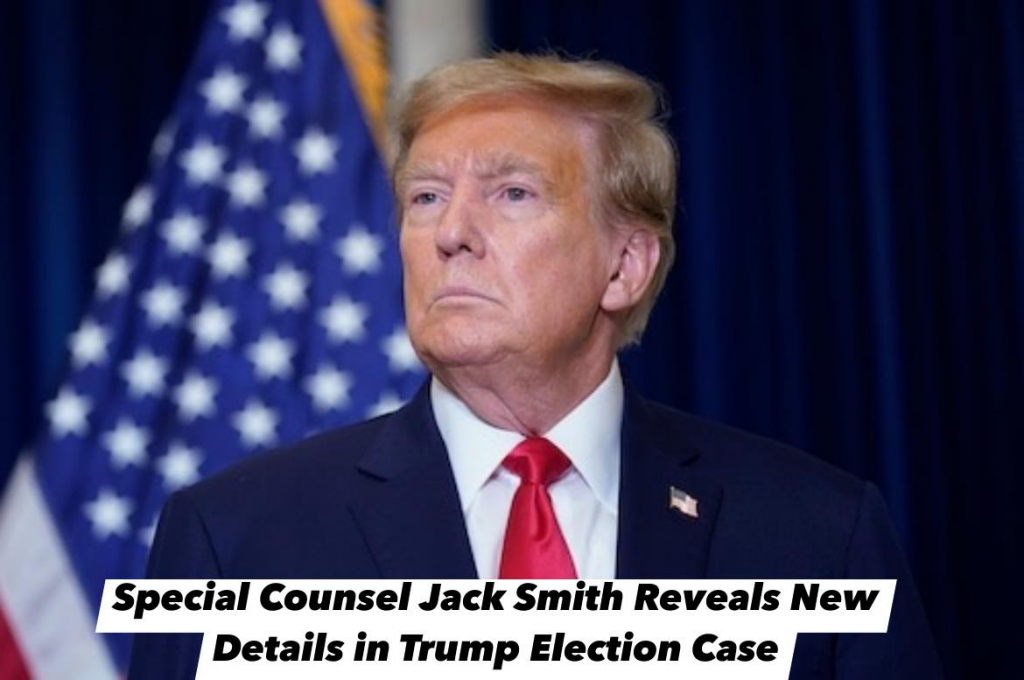In a recent development, Special Counsel Jack Smith revealed extensive details about former President Donald Trump’s and his allies’ efforts to overturn the 2020 election results. According to a recent court filing, Trump intentionally misled the public and state election officials, even though he privately acknowledged that many claims of election fraud were baseless. The 165-page document accuses Trump of resorting to illegal actions to stay in office after losing the election.
The filing alleges that, after legal challenges and fraudulent electors failed to reverse the outcome in key battleground states, Trump sought to incite violence, ultimately leading to the January 6 Capitol riot. Prosecutors argue that Trump knowingly “ignited a tinderbox” by delivering a speech designed to inflame his supporters, leading them to storm the Capitol in a last-ditch attempt to block the certification of President Joe Biden’s victory.
The document also provides an 80-page summary of evidence showing that Trump continued to spread claims of widespread voter fraud, even after being corrected by multiple advisers. According to prosecutors, Trump privately referred to some of the fraud claims as “crazy” but continued to use them publicly to challenge the election results.
Trump’s legal team has criticized the filing as a partisan effort to interfere with the upcoming election, calling it an “Unconstitutional Witch Hunt.” However, U.S. District Judge Tanya Chutkan, overseeing the case, rejected the defense’s accusations of bias, stating that such claims lacked evidence and focused on political rhetoric rather than legal issues.
The filing also points out that Trump began laying the groundwork for his attempts to subvert the election well before Election Day by sowing doubt about the legitimacy of the process and planning to declare victory prematurely. Prosecutors highlight examples of chaos being encouraged at polling places, including an incident where a Trump campaign employee urged others to “make them riot” during a vote count in Detroit, later used to support false fraud claims.
This court filing comes as Judge Chutkan considers whether some of Trump’s actions are protected by presidential immunity following a Supreme Court ruling that limits immunity to official acts while in office. Smith has argued that Trump’s actions were those of a candidate, not a sitting president, and should not be shielded.
As the legal battle continues, the prosecution remains focused on Trump’s involvement in the alleged conspiracy to overturn the 2020 election, claiming he must stand trial like any other citizen for these private crimes.
- Follow or share

